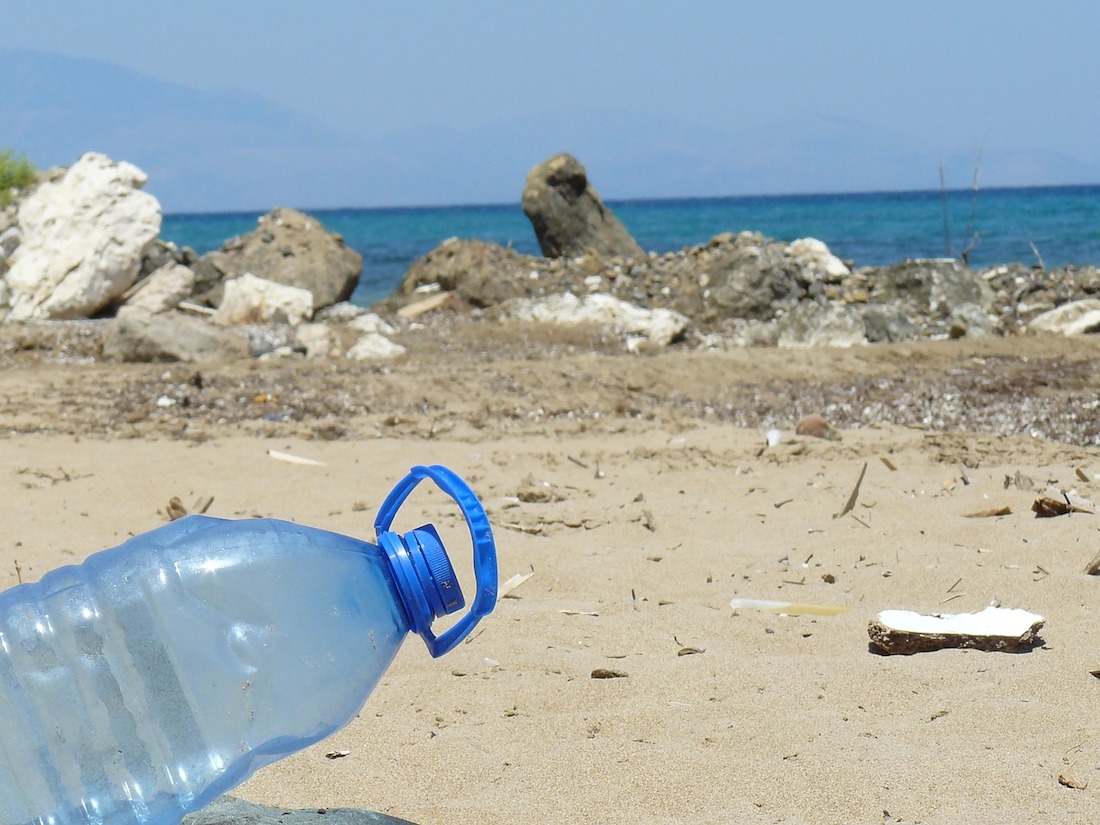Tokyo (SCCIJ) – A Swiss start-up has developed a machine that can break down plastic molecules to make much more fuel by improving a known chemical process. The concept is attracting interest as far afield as French Polynesia.

The Swiss start-up HVO turns plastic waste into fuel with much higher efficiency (© Pixabay).
Higher efficiency
Worldwide, only 9% of plastic waste is recycled, while 22% is dumped in uncontrolled landfills, incinerated in open pits, or discharged into the terrestrial or aquatic environment, especially in poorer countries, according to OECD statistics. Swiss entrepreneur Claude Etique and engineer Samuel Moussa, no longer want to stand idly by. Their start-up company, HVO, has developed a new technology that converts non-recyclable plastics into fuel with unprecedented efficiency.
While the pyrolysis technique in question has been around for more than 70 years, the new process developed by the Swiss-based company offers a significant yield – one kg of plastic for every liter of fuel. “I travel a lot in Africa and when I see the problem of plastic waste all over the planet, it’s getting worse and worse. The idea is to do something intelligent with it. Since you can produce fuel from it, you can use it to generate electricity and become energy self-sufficient,” says Claude Etique, co-director of HVO.
Pyrolysis process
HVO offers an innovative solution for the local recovery of plastics using a low-temperature pyrolysis process at around 500°C. In this process, long plastic molecules are heated to break them down and then recombine into a liquid with a high energy value. In practice, the machine will crack the molecules to separate the hydrogen and carbon using a reactor. This allows the extraction of recoverable chemicals (ethylene, propylene, and aromatics), which are basic bricks of the chemical industry (plastics, cosmetics, solvents). The remaining liquid can be used as fuel (diesel and gasoline).
HVO technology makes it possible to treat different plastics, highly difficult to recycle, in the same pyrolysis. Unlike current recovery solutions that favor high temperature and gas yields mainly, this process makes it possible to establish the most suitable separation schemes according to the local context. A tailor-made artificial 4.0 intelligence ensures the optimal control of process parameters and optimized liquid and solid proposals.
This technology is a response to the challenge of pollution, especially in developing countries that are suffocating under the weight of waste. According to the co-founders, the authorities of Bora-Bora in French Polynesia have already expressed an interest in purchasing such a machine. HVO plans to adapt its current model to create a small version that can be transported in containers. This would allow the machine to be used on a boat, for example. Representatives from the South Pacific island nation are expected to visit Switzerland later this year to confirm their intention.
Text: SCCIJ based on Swiss.tech and HVOSwiss





























